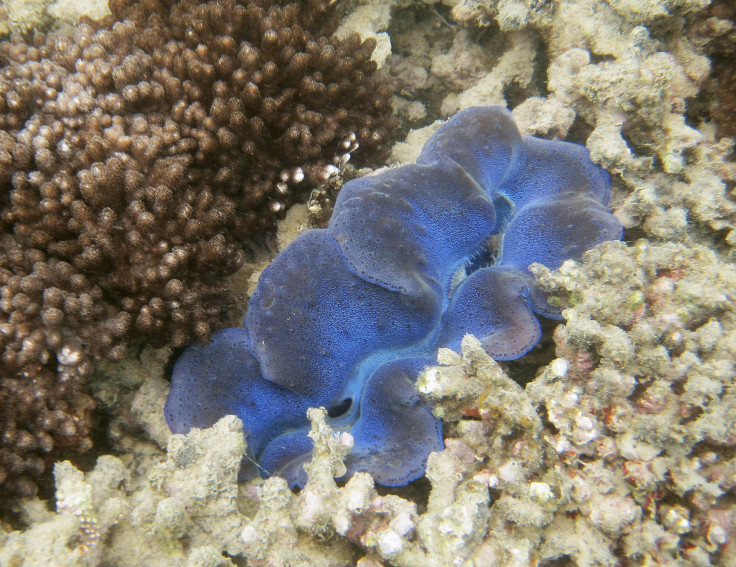Australia's Great Barrier Reef At Risk Of Becoming 'Dumping Ground': WWF

The Great Barrier Reef is under significant threat from climate change, and could be “severely damaged” unless the Australian government bans the dumping of waste from dredging, according to a report released on Monday by the World Wildlife Foundation (WWF).
The primary threat the reef faces is from industrial waste caused by seafloor dredging, primarily to support the expansion of several planned coal and Liquid Natural Gas terminals along the country’s coast, the report said. Those expansions could cause up to 51 million cubic meters of seabed to be dredged from the World Heritage Site, enough to fill the Empire State Building 49 times over.
The report, however, found that the existing port infrastructure remained unused one-third of the time and suggested utilizing it efficiently. “Third parties could be permitted to make use of unused capacity at existing port terminals. The government could facilitate this process by coordinating the sharing of spare capacity within ports,” it recommended.
The WWF report also calls on governments and corporate groups around the world to refuse support for businesses that engage in practices that endanger the reef. “The Great Barrier Reef’s unrivalled scale, unique biodiversity and cultural heritage make it a distinctive site of outstanding universal value ... which should be maintained for future generations,” it said.
Last year, the U.N. said the conservative Australian government had until this year to indicate they were taking steps to improve the reef’s health. The government had said in November it would ban the dumping of dredge spoil in the marine park area, Australian Geographic reported. The marine park, an area defined by the Australian government, covers a smaller area than the U.N. defined Heritage Zone.
The report claimed the ban would not solve the problem as most of the dumping had already taken place outside of the marine park, but within the area which affects the Heritage Zone.
Australia had previously defended the measures it had taken to conserve the reef, calling it the best preserved marine ecosystem on the planet and assuring the U.N. that authorities were taking action to address the ongoing threats, The Wall Street Journal reported.
The reef has already lost half of its coral over the past three decades and is potentially threatened by ocean temperatures, acidification and pollution, besides dredging.
Another study, conducted by scientists from the University of Sheffield, the University of Liverpool, and the University of North Carolina, found that in the long-term, it is highly likely that the coral cover of the reef will fall below 10% with increases of just one or two degrees in ocean temperatures.
The Australian government’s marine research agency said last week it is actively looking to genetically modifying the reef to make it more resistant, the Guardian reported.
Scientists from the Australian Institute of Marine Science and the Hawai'i Institute of Marine Biology have said they are looking at crossing coral in the reef with ones from the colder reaches of the southern reef to see if resilience to higher temperatures could be introduced to the existing populations. Scientists are also considering altering the Great Barrier Reef’s populations of microbes and algae to help them better adapt to climate change.
The reef was listed as a World Heritage Site by UNESCO in 1981. It announced in June that it would delay a decision on whether the Great Barrier Reef should be reclassified as a World Heritage Site In Danger, the BBC reported.
© Copyright IBTimes 2025. All rights reserved.





















